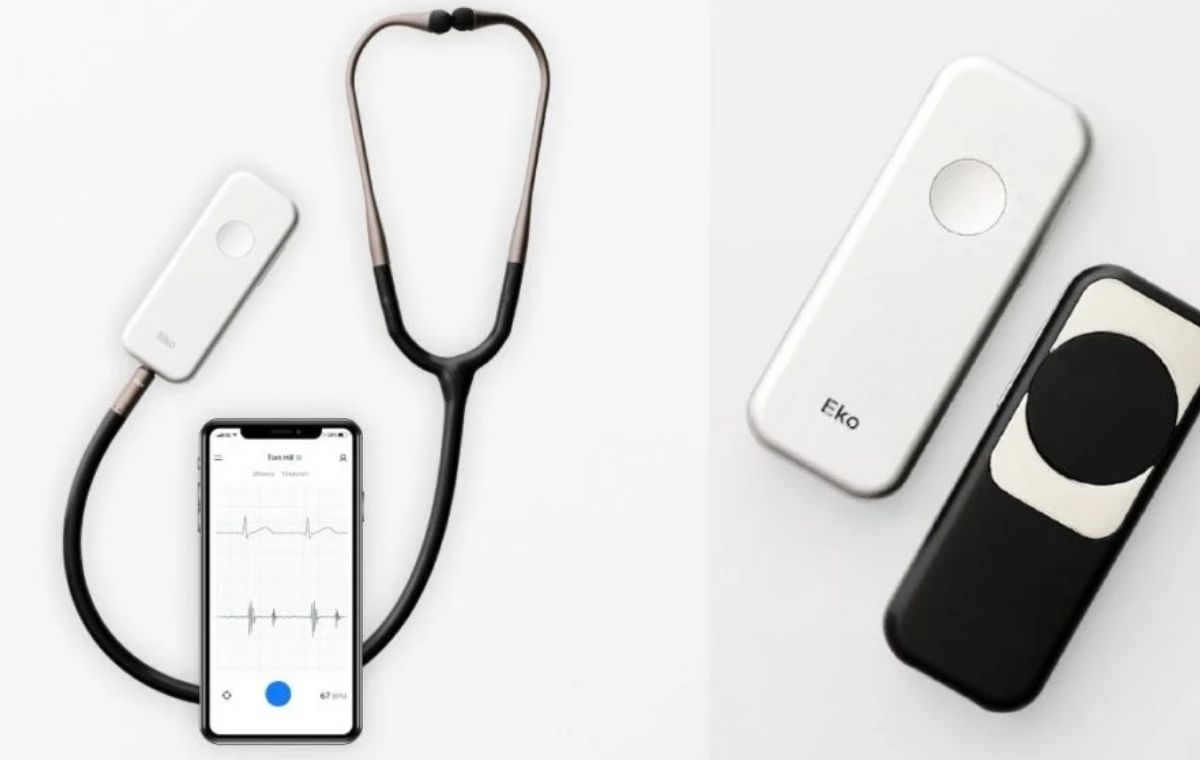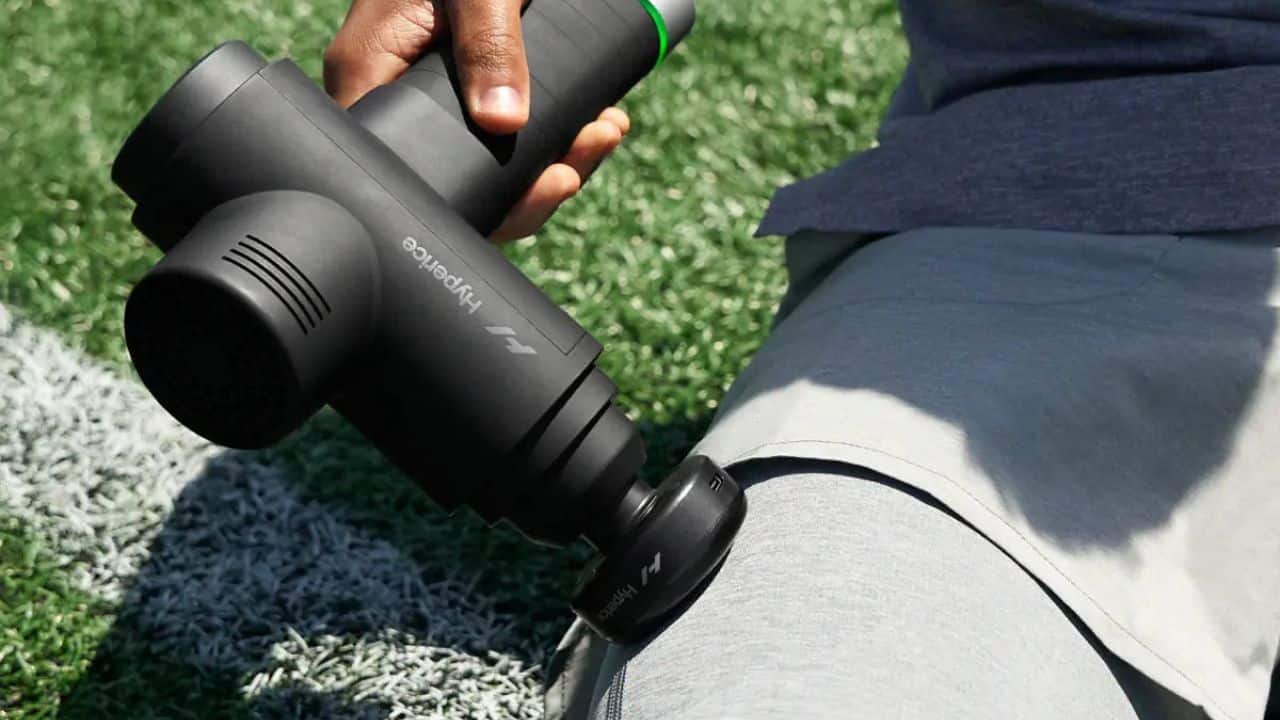There are many benefits to using a Digital Stethoscope compared to an analog one. For starters, Electronic stethoscopes are much better because they transmit data in real-time. They also allow for recording. Of course, the cost of an Electronic stethoscope will be higher than its analog counterpart. But it is well worth the extra money. Let’s explore some of the benefits of a Digital Stethoscope.
Electronic stethoscopes are superior to analog stethoscopes
While an analog stereoscopic stethoscope is still a good investment, electronic models offer a number of advantages over analog sonic stethoscopes. These digitally-enhanced instruments can amplify sounds, provide noise cancellation, and even be compatible with Bluetooth. These devices also feature dedicated mobile applications, which allow users to record and playback audio/video data and share it with other healthcare professionals. In addition, these tools make it easier to record and store patient data, which makes them ideal for electronic stethoscopes.
Besides being more durable, electronic stethoscopes also allow for quick analysis and more accurate reading. Although they are more expensive than analog stethoscopes, they require less maintenance and can be repaired more easily, especially if their electronic board breaks. They are also heavier than analog stethoscopes, so they are recommended for users who frequently perform heart examinations.
They transmit data in real-time
There are many advantages of using a digital stethoscope in clinical practice, but not all of them are immediately obvious. The high purchase price and recurring expenses related to batteries are two major drawbacks. Cost-efficiency is the most important consideration, but visual benefits, perceived usefulness, and user-friendliness are also important. Whether or not a digital stethoscope is adopted by a physician will depend on the training and awareness level of the user.
The study conducted in India and Australia focused on telehealth applications for digital stethoscopes. It involved in-depth interviews with users and collecting user feedback. The data gathered was categorized into six constructs that reflected the various aspects of DS. The issues addressed are:
They allow for recording
The advancement in technology has made it possible to record sounds from a stethoscope in real-time. While the old analog stethoscopes could only record sounds from the chest, new electronic stethoscopes can record and share sounds from any location. These features can speed up clinical care by eliminating the need to describe findings to patients. These devices are particularly useful for remote patients or telehealth professionals.
The downsides of digital stethoscopes include a limited run time. Most electronic stethoscopes require a power source and cannot record without a battery. Some digital stethoscopes allow you to set a timer to pause the recording and resume when you are finished. These devices also don’t use batteries or auto-shutoff features, so there is no need to worry about running out of power mid-exam. If your stethoscope accidentally gets unplugged, however, it will stop the recording and will turn off an LED indicator.
They are more expensive
Although digital stethoscopes are generally more expensive than their analogic counterparts, their advantages far outweigh the cost. They provide better sound quality, have ambient noise reduction technology, and even record your clinical examinations for later analysis. Some models even allow you to record your clinical examinations and get a second opinion from a colleague. The disadvantage is that these stethoscopes are not as widely available as the analog ones.
Both analog and digital stethoscopes are useful for cardiology, however, the latter is ideal for everyday use. Analog stethoscopes are better for discerning the mid-systolic click and for quick readings in noisy environments. Digital stethoscopes have additional features that make them a better choice for cardiologists. They also have data transmission capabilities and Bluetooth compatibility.








































